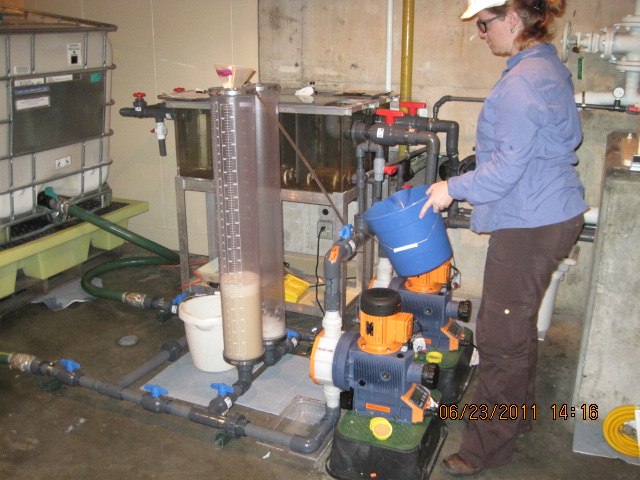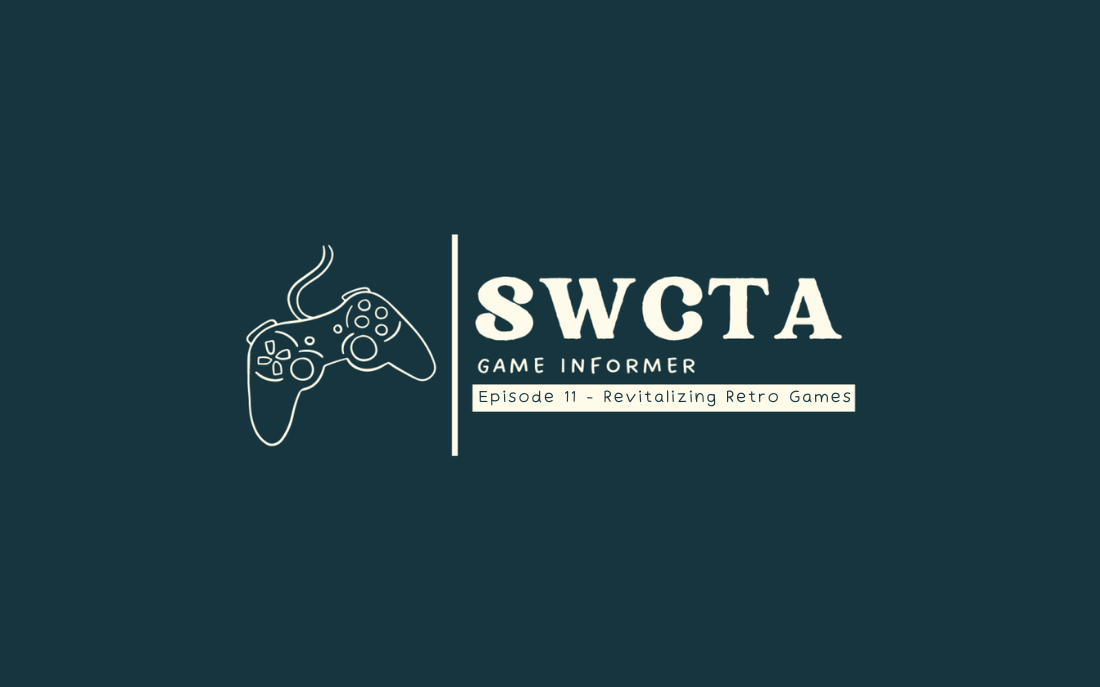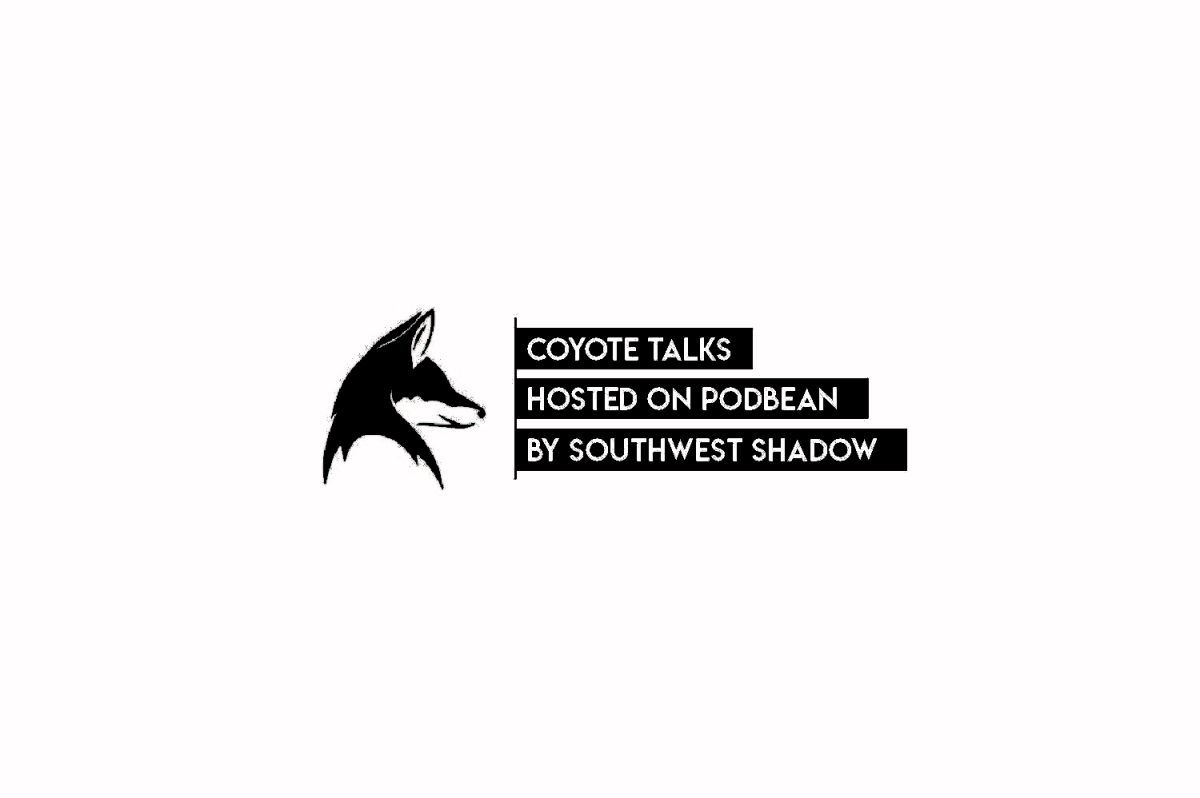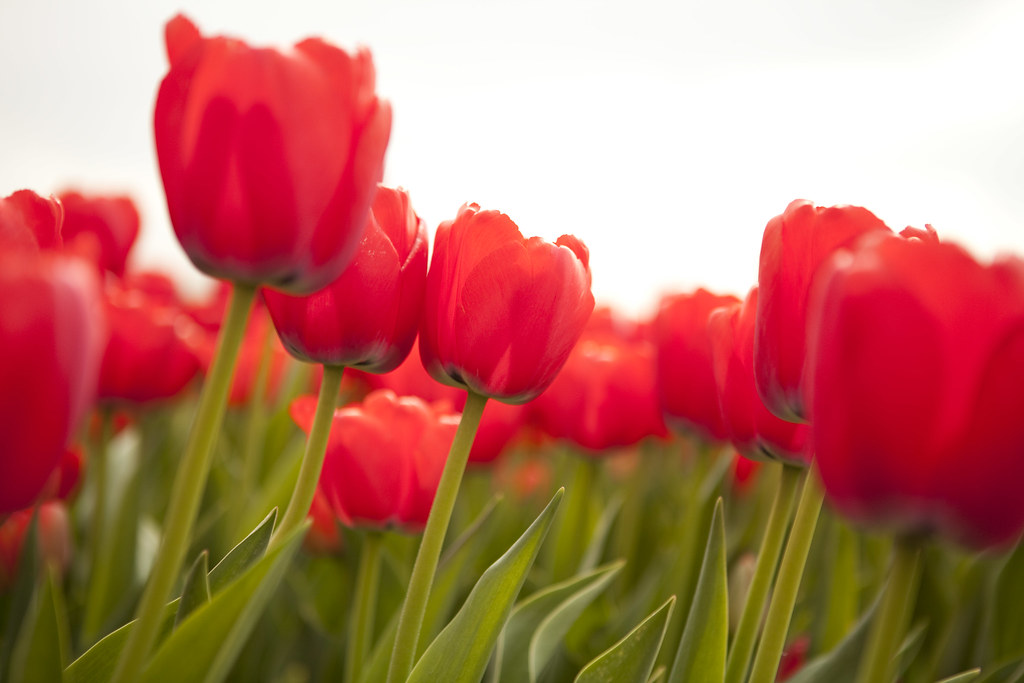Environmental Chemist Guest Speaks for AP Human Geography Students
Carolyn Link Fights for Women in Agriculture
Speaking to Jessica Kelly’s AP Human Geography class, Carolyn Link shares her experience in the environmental chemistry field. Having strong opinions on the topic of women in agriculture, sophomore Jasmine Chanhthavong enjoyed hearing her perspective. “It broadened my perspective of a woman being in the workforce,” Chanhthavong said. “Her experiences and perspectives helped me be informed of policies and programs that promote both sustainable agricultural development and gender equality in one. Not only that, but it has motivated me to learn how to be involved with agriculture for my community and lifestyle. “
March 8, 2023
Statistics from the USDA show that approximately 21.1 million people work in agriculture in the U.S. Among those people, only 31% of them are female. To bring light to this to her students, social studies teacher Jessica Kelly invited her friend Carolyn Link, an environmental chemist, to speak to her AP Human Geography classes.
“She’s a woman in STEM and in agriculture,” Kelly said. “She’s literally changing the planet for the better. I’m really proud that I’m able to have a friend like her and she’s so in line with what I’m trying to teach to the youth.”
Link currently works in the United States Geological Survey in the Upper Midwest Environmental Center. Specifically, Link’s job in environmental chemistry is known as “science support.” This means she doesn’t conduct research herself, but she does work that allows other scientists to do theirs or makes it accessible for others.
“My current title is ‘Regulatory Affairs and QA/QMS Coordinator’,” Link said, “which includes helping to get tools which help the environment accessible to users, like registering pesticides for controlling invasive species and registering drugs for diseases for animals, quality assurance which is checking other scientists work to make sure they record and process their data correctly, and quality management systems, which is training scientists on processes to follow to make sure they are doing good science.”
As a woman in agriculture, Link has seen discrimination in the workplace, but chose to rise above it and put out quality work no matter what.
“When I worked for my previous company, supporting development of biopesticides for use in agriculture, the company was majority run by women, including the CEO,” Link said. “I did work with and report to men at various times within that company, and it was more common that my input would be questioned or someone might ask if I had checked with my boss for their agreement on a decision I was putting forward when I reported to men vs. when I reported to women, but my best supervisors, male and female both, always supported my work and my decisions based on the quality of my work.”
The gender imbalances in this area causes many problems that affect society as a whole.
After doing extensive research on this topic independently, sophomore Jasmine Chanhthavong can identify several of these problems. As well as having ideas on how to fix the problems and bridge the gender gap.
“The unequal participation of women in agriculture can reinforce gender stereotypes and discrimination, limiting women’s opportunities in other sectors of the economy,” Chanhthavong said. “Providing women farmers with access to resources such as land, credit, and technology can improve their productivity, incomes, and economic empowerment. I believe that it won’t take long only if we move as a whole to bring awareness to this certain topic.”
Hoping that the gender gap will be bridged, Chanhthavong shares what society would benefit from this transition.
“Their involvement is critical for ensuring long-term agricultural production, improving food security, and reducing hunger and malnutrition.” Chanhthavong said. “When women have access to resources like land, credit, and technology, they can increase agricultural productivity, resulting in higher incomes and better food security for their families.”
After talking to Kelly’s classes, Link hopes that what she has shared will stick with the students and encourage them to pursue careers in science or agriculture.
“I hope that the students learned about the agricultural support industry sector, how and where government research and environmental science happens, types of work and careers in science and research and also about how career development is not a set path,” Link said. “You don’t have to have your life and career planned out from day one. You can look at things you are good at and things that you feel good doing and are interested in, and then just take one step at a time.”








